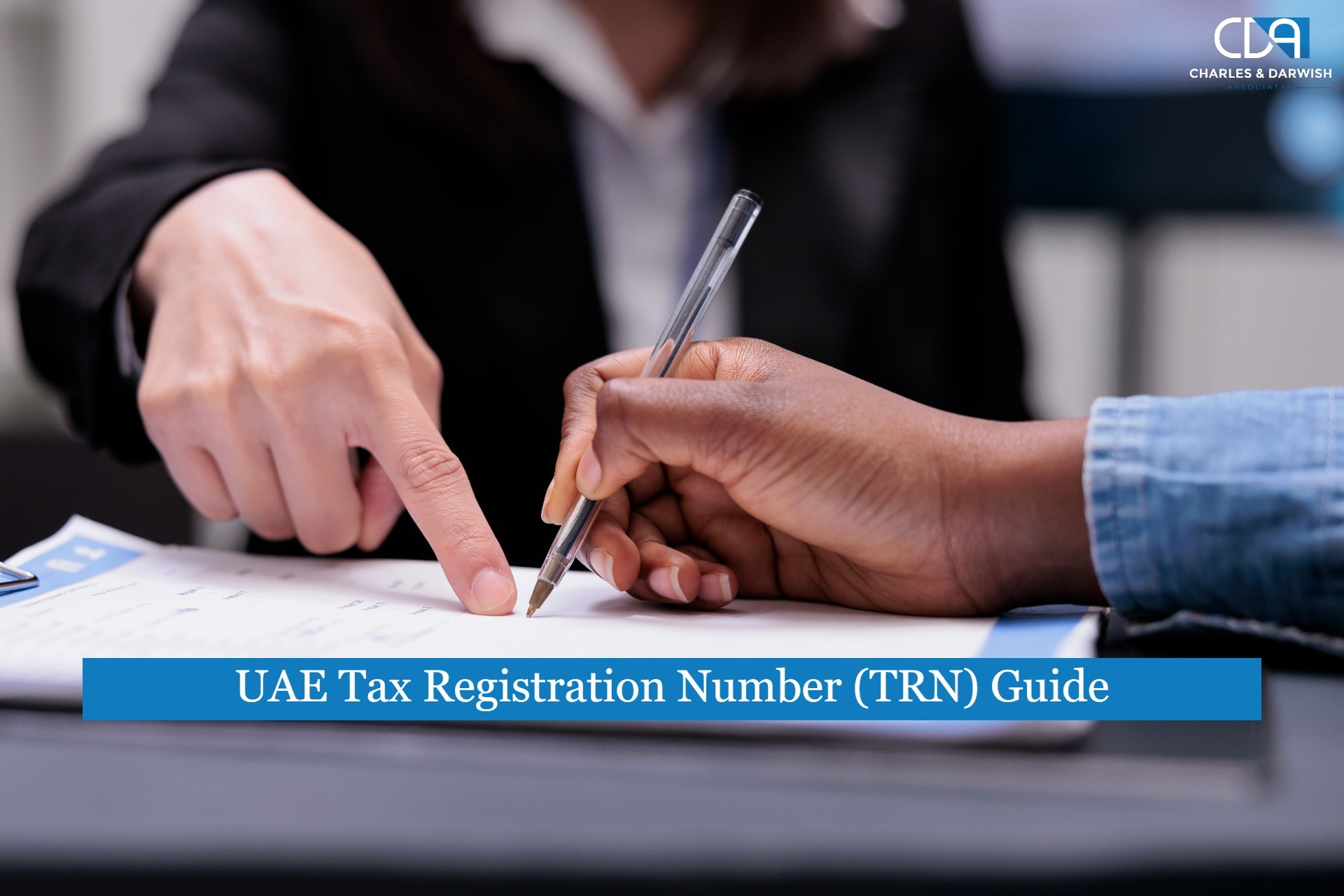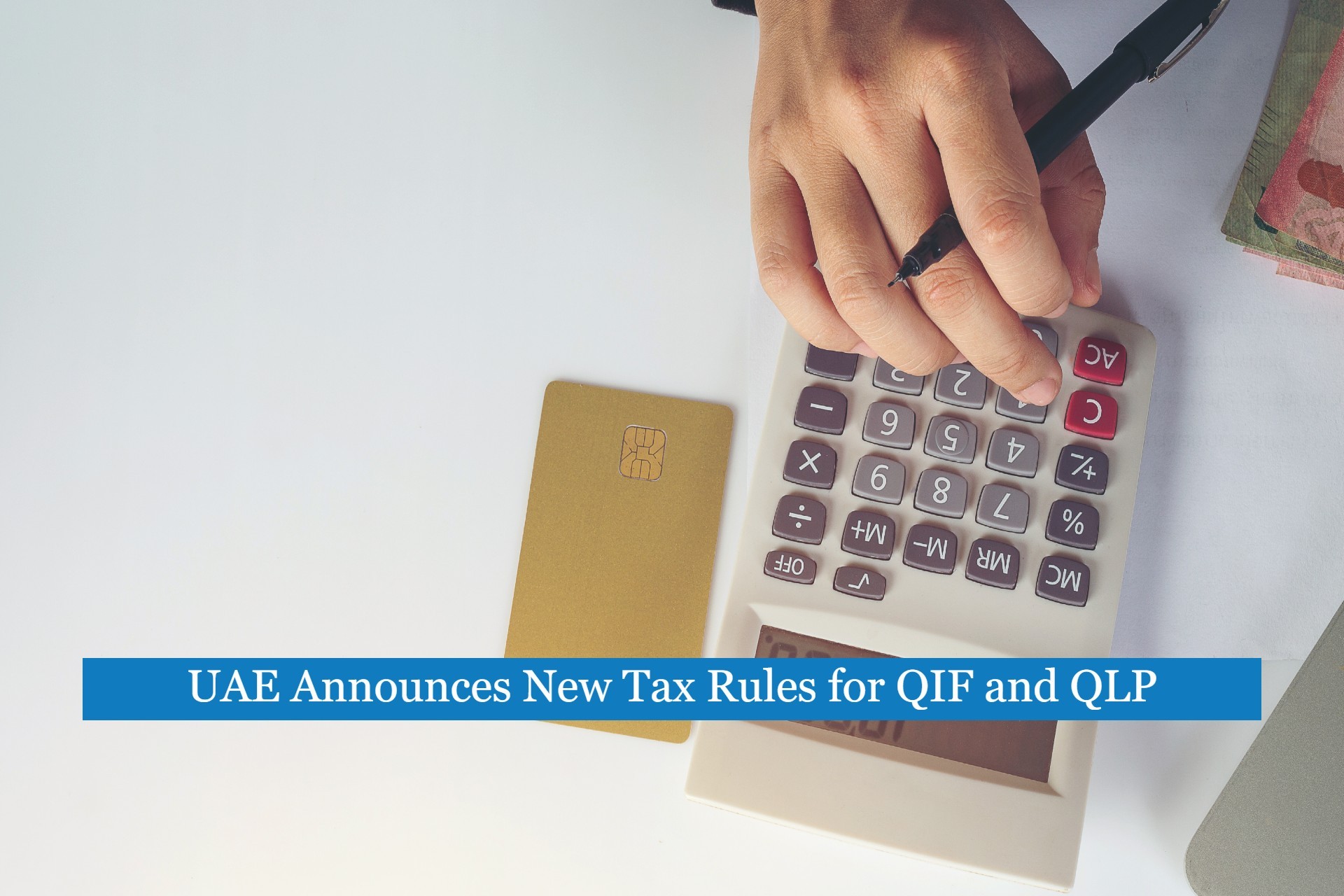Implications of IFRS 16
Lease accounting drew more puzzlement and uncertainty as the new IFRS 16 replaced the existing accounting standard IAS 17 in the year 2019. Though most of the entities have now completed the transition as required by the standard, accountants across the industries often face many challenges in applying IFRS 16 while analyzing and recording new leasing arrangements. In this section we will discuss Implications of IFRS 16.
Major changes brought forward by IFRS 16 in lease accounting
IFRS 16 aims for bringing more transparency and uniformity in the realm of lease accounting. With respect to the companies having large assets on lease, the impact of this change will be substantial in their financial statements, as the material lease liabilities cannot still remain as off balance sheet items.
IFRS 16 has removed the segregation of leases between finance leases and operating leases which was prevailing as per the previous standard. Now as per the new standard more emphasis is being given to the right of use of the assets covered in lease contracts, with a view in bringing most of those assets as part of the statements of financial position of the lessees. Also as and when leased assets are getting recorded, their respective payment obligations are also to be recognized as liabilities in the balance sheet across the lease term. Additionally, depreciation and interest elements are to be included in the income statement over the lease period based on the lease term and value of the asset. From the perspective of lessors, there are not many changes due to the implementation of IFRS 16.
Are there any exceptions allowed as per IFRS 16 for lease accounting?
Though the new standard drives for bringing all the assets under lease arrangements to the balance sheet, there are few exceptions to the specified rules of IFRS 16. It is to be noted that in following two scenarios, leased assets are not required to be recorded as assets under IFRS 16 by the lessee:
- Those leased assets where the asset value is less than US$ 5000 (value of the item, when new). For example, if a company is having small leasing arrangements for office equipment such as printers, computers, laptops or office furniture with asset value less than US$ 5000, those assets do not have to be recognized in the balance sheets.
- Lease contracts with short lease terms less than 12 months with lessee having no option to buy the asset after the expiry of lease term. In determining the duration of lease, the lease term refers to the non-cancellable period of the lease from the commencement date of the lease and also the period for which the option to extend or terminate the lease is available for the lessee.
When it comes to the accounting of these lease contracts which are excluded from the application of IFRS 16, the regular lease payments can be recorded directly in the income statement based on straight line method or any other pattern, whichever is more representative of the usage of the asset.
Significant factors to be considered as per IFRS 16 for lease accounting
To derive the value of right of use of leased assets, present value of agreed future lease payments are to be derived based on the incremental borrowing interest rate. In determining the incremental borrowing rate, the lessee may have to consider many factors such as interest rate that would have incurred in case of buying the same asset against a bank loan or other discount rate or indebtedness ratios etc.
Depreciation on the right of use of assets are usually accounted on a straight line basis in income statements. Apparently interest expenses will be higher in the earlier years of lease term, though total cumulative lease amount that would hit in the income statement over the lease period will remain the same as compared to the practice followed as per the old lease accounting standard.
Also there are specific directives as stipulated in IFRS 16 which are to be followed when any change or termination of lease contract happens during the lease term. It is always recommended to consult with an accounting expert to get clarity on preparing the lease schedules for proper lease recording in compliance with the accounting standard.
CDA can assist you in ensuring compliance with IFRS 16
CDA has a team of accounting experts who can guide you in applying IFRS 16 appropriately, ensuring smooth transition from the existing procedures to ensure compliance with regulatory requirements and observance to industry best practices. We provide assistance for various accounting related business functions including, but not limited to, the following IFRS 16 specific activities:
- To assess the purchase/lease arrangements for assets to evaluate the IFRS 16 implications
- To analyze the terms in the lease contacts and determine the applicability of IFRS 16
- To identify the off balance sheet and on balance sheet items based on their nature of usage and terms as per the agreements
- For calculating the amounts relating to right to use of assets, incremental borrowing rate and respective payment obligations correctly to disclose them as required in the financial statements
Feel free to contact us for more details on our accounting and other consultancy services.

Mark Thompson
Full-stack Developer, Blogger, and Tech Enthusiast.
Mark specializes in digital marketing, SEO, and content strategy.













